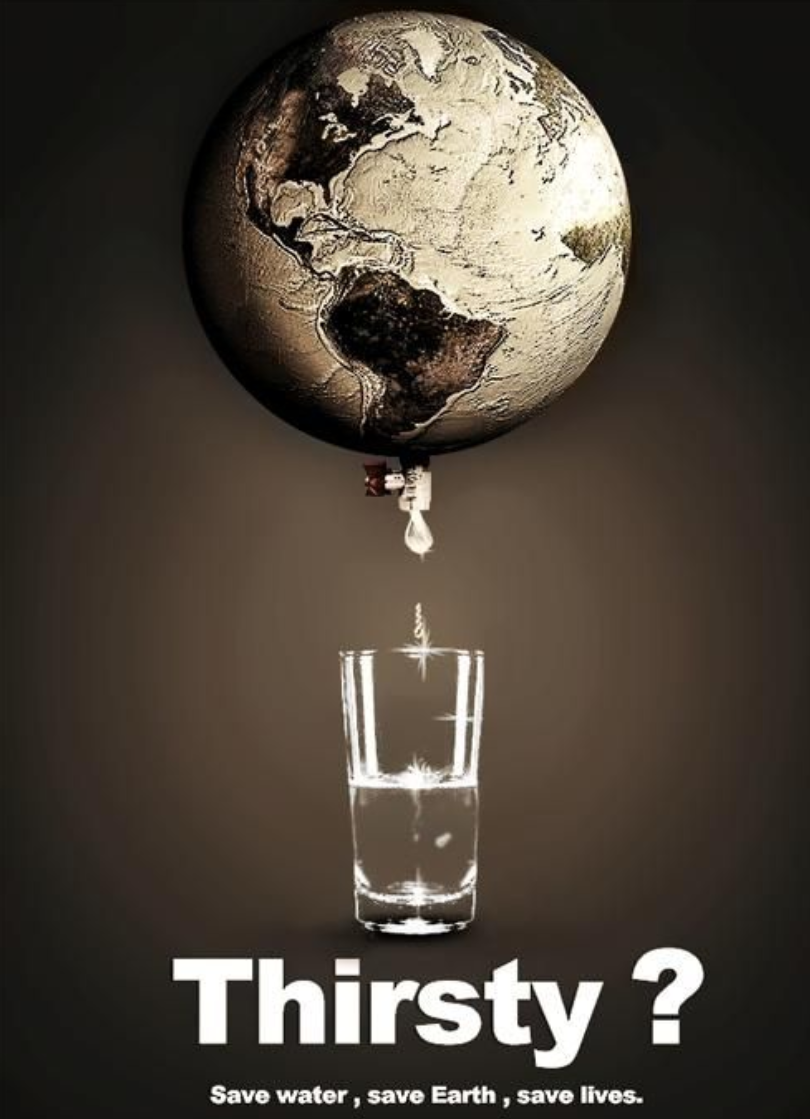**What If There Is No Water on Earth?**
Water is fundamental to life as we know it. It covers about 71% of the Earth's surface and is essential for the survival of all known forms of life. But what if there was no water on Earth? This hypothetical scenario would have profound implications, fundamentally altering the planet’s geology, climate, biology, and even human society.
### Geological Impacts
Without water, the Earth's landscape would be drastically different. Rivers, lakes, and oceans, which shape the terrain through erosion and deposition, would be nonexistent. There would be no sedimentary rocks, which are formed from the accumulation of mineral and organic particles in water. The hydrological cycle, which includes the evaporation, condensation, and precipitation of water, would be absent, leading to a static, dry atmosphere devoid of clouds and rainfall.
### Climate and Weather
Water plays a critical role in regulating the Earth's climate. Oceans absorb and store solar energy, distributing heat around the globe through currents. Without water, this heat distribution system would collapse, leading to extreme temperature variations between day and night and between seasons. There would be no precipitation to moderate temperatures, resulting in a barren, desert-like planet with little to no atmospheric moisture.
### Biological Consequences
Life on Earth depends on water for various biological processes. All known forms of life, from the simplest microorganisms to complex multicellular organisms, require water to survive. Water is a solvent, facilitating the chemical reactions necessary for life, including photosynthesis in plants and metabolism in animals. Without water, life as we know it would be impossible. The planet would be devoid of plants, animals, and microorganisms, leaving a sterile, lifeless environment.
### Human Society
Human civilization is deeply intertwined with water. Agriculture, which supports human populations, relies heavily on water for irrigation. Without water, food production would cease, leading to widespread famine. Industry and manufacturing, which use water for processes and cooling, would be severely impacted. Additionally, water is crucial for drinking, sanitation, and hygiene. The absence of water would make human survival and the development of civilizations unfeasible.
### Conclusion
The absence of water on Earth would render the planet unrecognizable. Geologically static, climatically extreme, biologically barren, and inhospitable to human life, a waterless Earth would be a starkly different world. This thought experiment underscores the critical importance of water in sustaining life and maintaining the delicate balance of Earth's ecosystems and human societies. As we face global challenges such as climate change and water scarcity, it is essential to recognize and preserve this invaluable resource.

